House Judiciary Committee Chairman Jim Jordan has sharply criticized Federal Trade Commission (FTC) Chair Lina Khan, accusing her of relentlessly targeting Twitter since Elon Musk took over the company. Jordan questioned Khan's motives during a hearing, characterizing the FTC's numerous inquiries as an "obsession" with Musk.
Jordan pointed to the volume of FTC requests directed at Twitter – twelve demand letters and over 350 separate inquiries in just ten weeks – as evidence of harassment. He specifically questioned a demand for all communications mentioning Musk, suggesting it went beyond oversight and bordered on obsessive behavior.
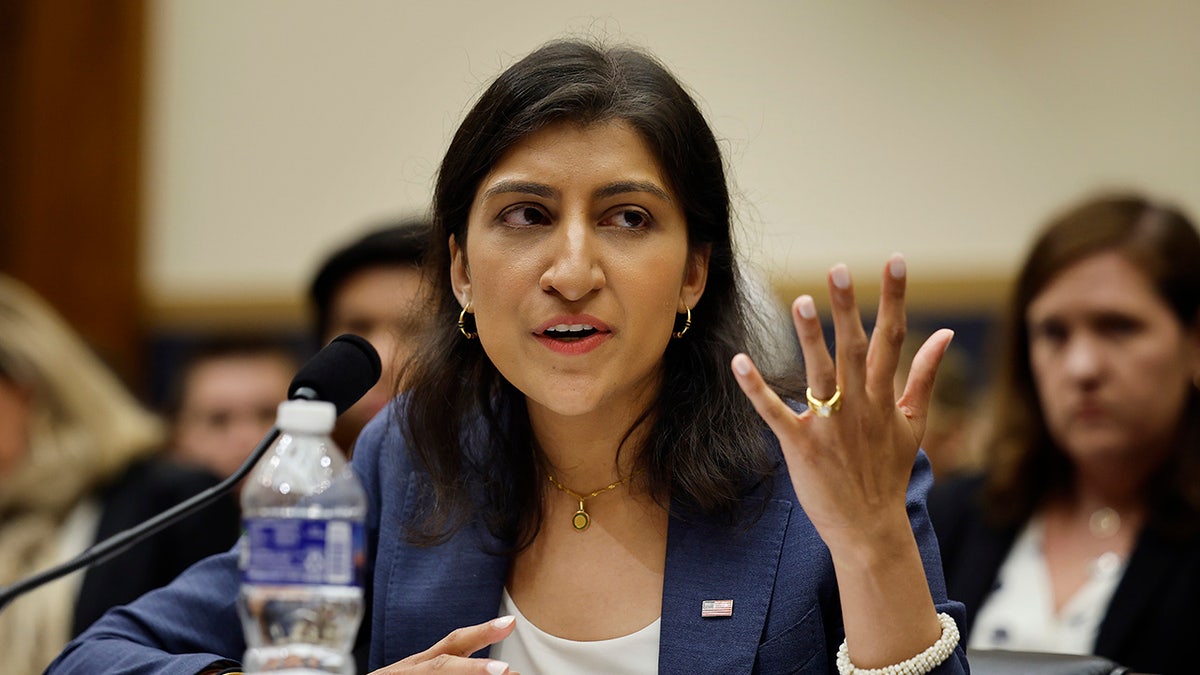
Khan defended the FTC's actions, citing Twitter's history of privacy and security issues, including a previous consent decree related to user data. She argued the agency's inquiries were justified given concerns about potential violations of this agreement.
Jordan pushed back, highlighting an FTC request for the names of all journalists granted access by Twitter since Musk's acquisition. He argued this demand was a threat to First Amendment press freedoms, particularly in the context of Twitter sharing information about government suppression of speech.
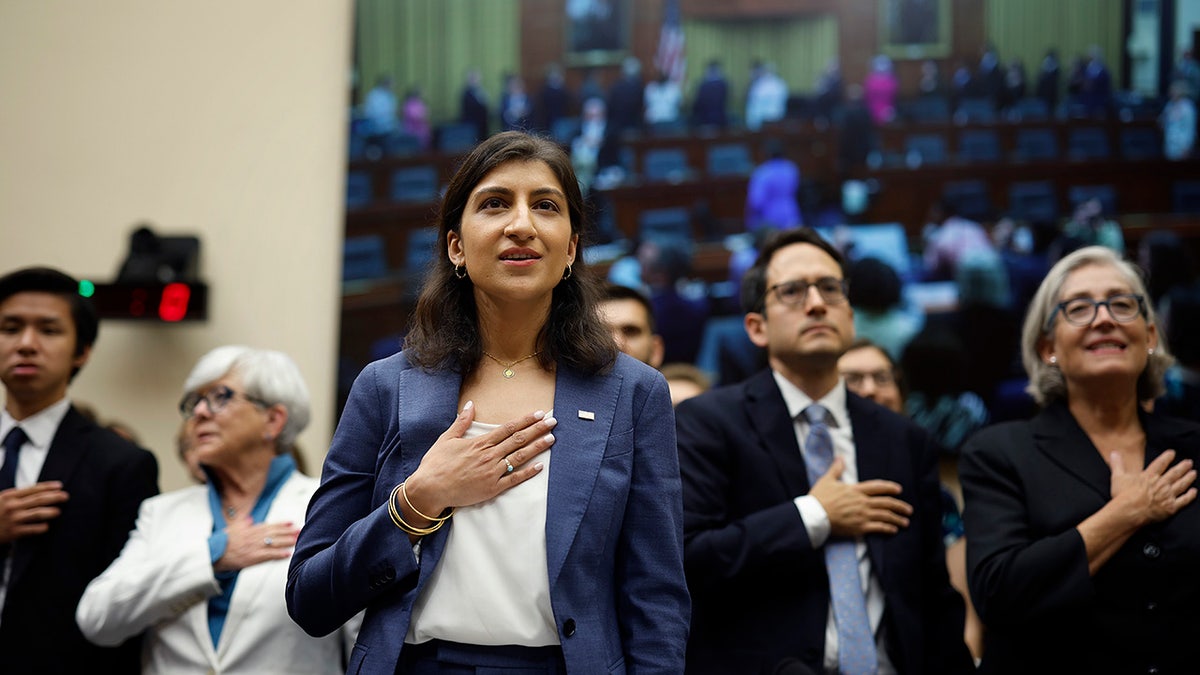
The exchange coincided with X Corp. (formerly Twitter) filing a motion to end the consent decree, claiming the FTC’s investigation was excessive and biased. The motion also sought a protective order, alleging the FTC's demands, including a deposition request for Musk, were out of control.
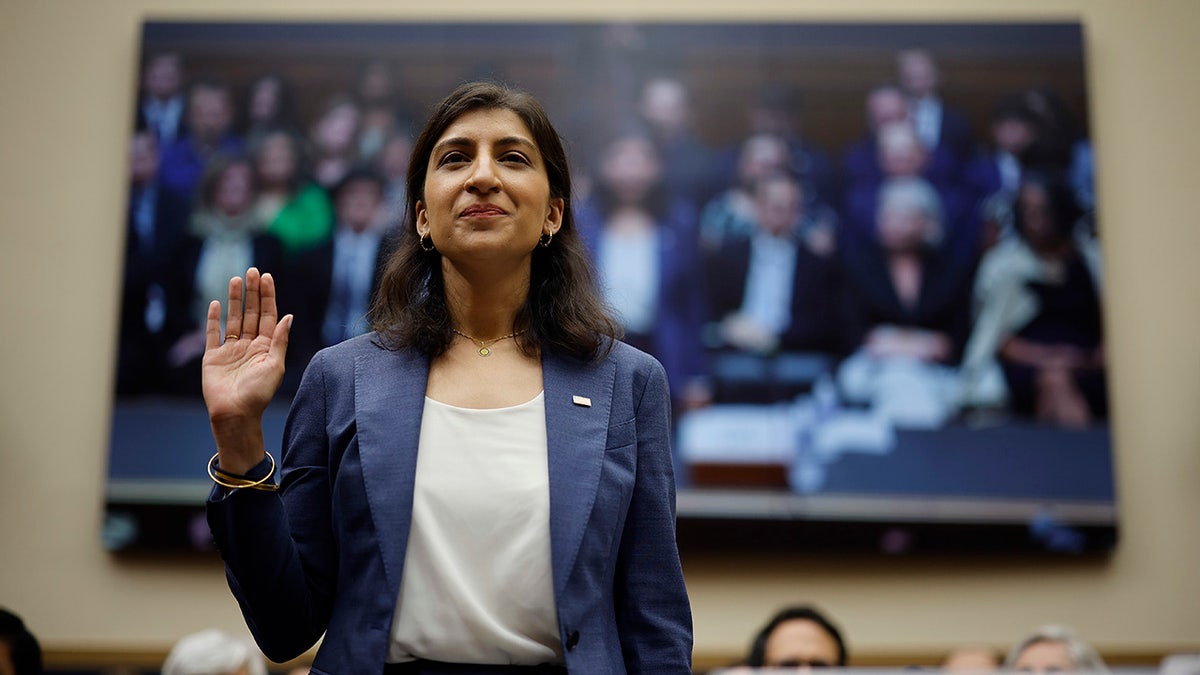
Jordan questioned whether political pressure from Democrats and Khan's own views on disinformation influenced the FTC's actions. Khan denied any bias, stating the agency's decisions are based solely on potential legal violations.
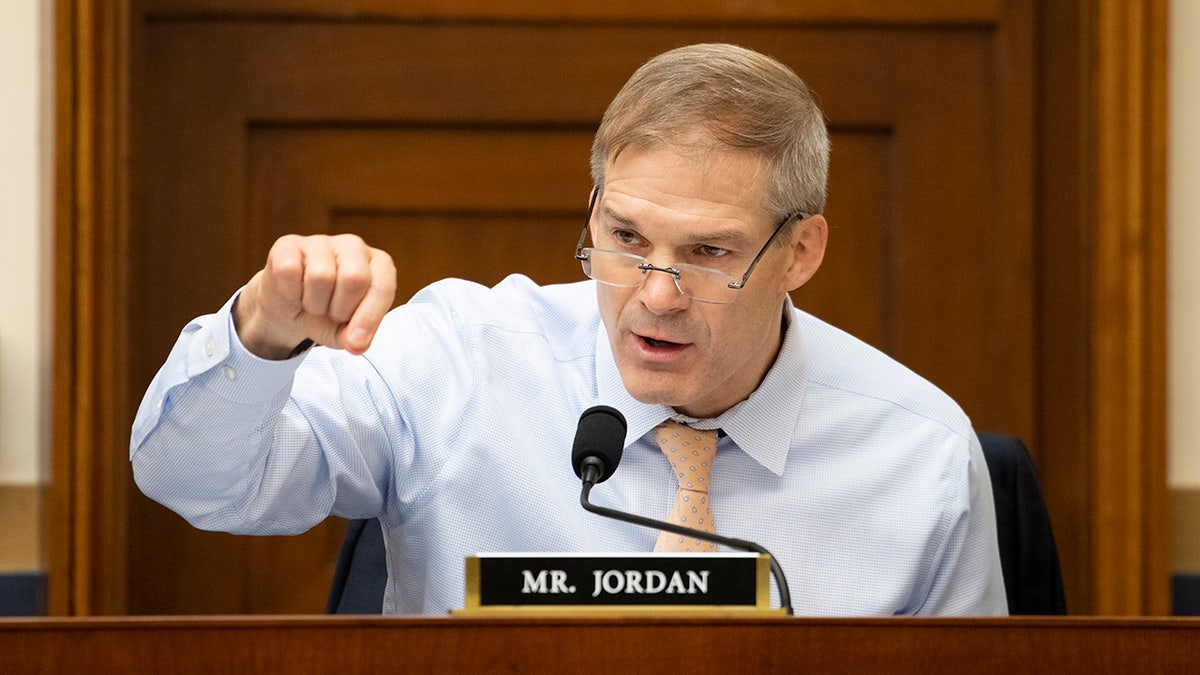
The hearing and court filing represent an escalation in the ongoing tension between the FTC and Twitter under Musk's ownership. The FTC’s investigation stems from a 2011 complaint and a subsequent 2022 settlement related to Twitter's handling of user data. The agency is scrutinizing whether Musk’s changes at Twitter have violated the terms of the 2022 agreement, which resulted in a $150 million fine.
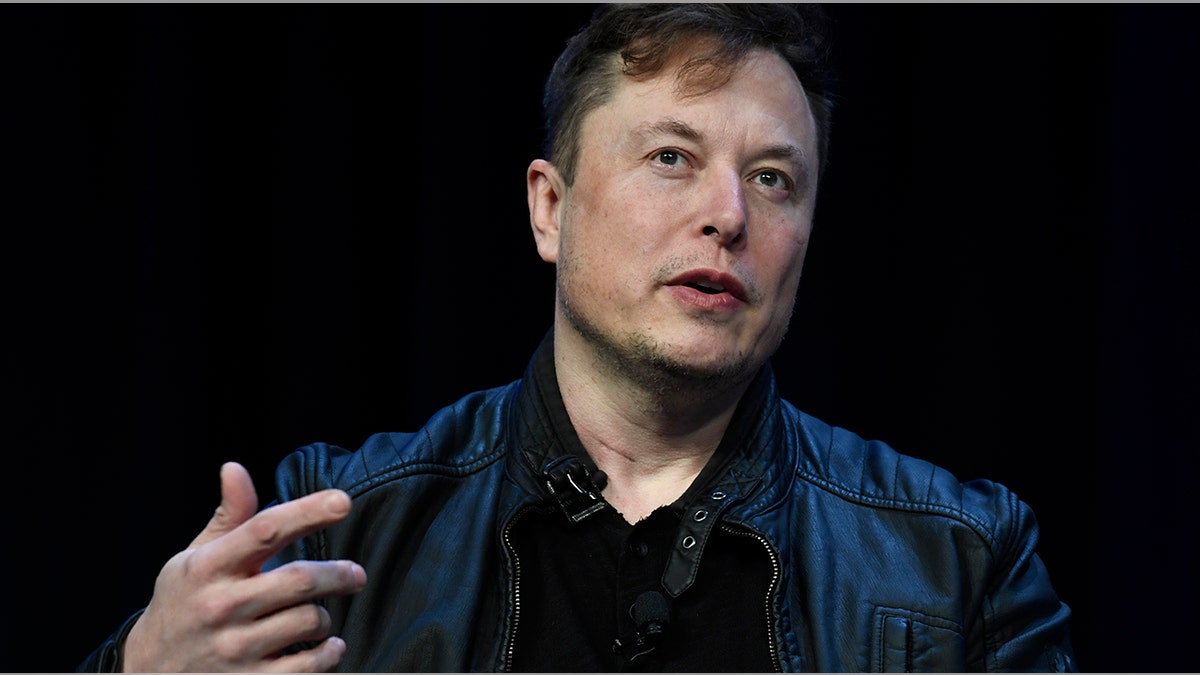
This ongoing dispute raises important questions about the balance between regulatory oversight and the protection of free speech in the digital age.
Comments(0)
Top Comments